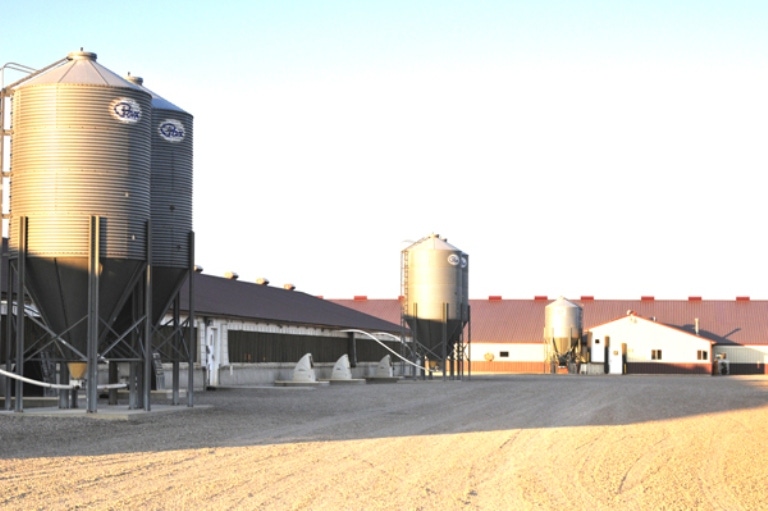EPA on the Hot Seat for Releasing Sensitive Ag Data
May 9, 2013

National Hog Farmer has been following the developing story behind the Environmental Protection Agency’s (EPA) multiple disclosures to anti-agriculture activist organizations of thousands of records including the personal information of agriculture producers.
This week, Sen. Mike Johanns (R-NE) requested an explanation from Acting EPA Administrator Bob Perciasepe regarding the release of private information protected by federal law, and asked how the agency plans to ensure the disclosed private information will not be used by outside organizations.
“EPA’s ongoing assault on America’s ag producers is nothing short of alarming,” Sen. Johanns says. “Its disregard for the privacy of farmers and ranchers in Nebraska and across the country is, at best, woeful negligence, and at worst, a flagrant effort to aid organizations seeking to radically transform American agriculture, with no regard for what it takes to feed the world.
“EPA must now explain how it will ensure the already-released private information is not abused. Will the agency request sworn statements from the recipients of the private information? Those affected have a right to a better answer from EPA.”
Like what you’re reading? Subscribe to the Nutrient Management newsletter and get the latest news delivered right to your inbox every month!
Background
On Feb. 10, 2013, EPA released to activist groups Earth Justice, the Pew Charitable Trust and the Natural Resources Defense Council information on 80,000 livestock operations across the United States, including 3,500 in Nebraska, following Freedom of Information Act (FOIA) requests. The information EPA provided included names, home addresses, personal telephone numbers and employee information –data that should have been redacted.
On April 4, 2013, EPA acknowledged some of the information it disclosed should have been exempt under federal law. It sent an amended release of the same information with redactions. However, EPA failed to remove all private information, including data on a number of operations in Nebraska.
On April 30, 2013, EPA sent a second amended release, which included more redactions of records from Nebraska and Montana.
In letters accompanying the data, EPA requested that all previous iterations of the information related to the FOIA requests be returned and/or destroyed. The agency has failed to take meaningful steps to prevent the abuse of ag producers’ private information already released.
Below are the questions Johanns submitted to EPA Acting Director Perciasepe regarding the release of private information:
In early February, your agency released personal information on 80,000 livestock operations across the United States. In Nebraska, personal information on over 3,500 operations was released.
a. Did EPA conduct an independent evaluation of the data states submitted to EPA and redact any such personal information the Privacy Act, Freedom of Information Act, or EPA’s own policies required it to before the agency made its first release of the data?
b. I am told the original release contained no redactions based on FOIA Exemptions or the Privacy Act. Is this accurate?
c. EPA has now reportedly agreed that in the case of data from 10 states EPA should have redacted information. Is this an accurate rendering?
d. Does EPA believe that the release of unredacted data in early February is consistent with applicable FOIA and Privacy Act law?With respect to the redactions that EPA now acknowledges should have occurred before any FOIA release occurred, has EPA asked for a list of entities and individuals who received (or viewed) the unredacted data?
a. For those individuals and entities, has EPA asked for affidavits certifying that those individuals and entities have not kept copies or otherwise released or inappropriately recorded the data that was subsequently redacted?Is it EPA's goal to establish and publish a national livestock database to be published on EPA's website?
a. Does the agency believe that publishing a national livestock database will make our food supply less secure?
You might also like:
New Mandatory Reporting is Good, but not without Pain
You May Also Like



